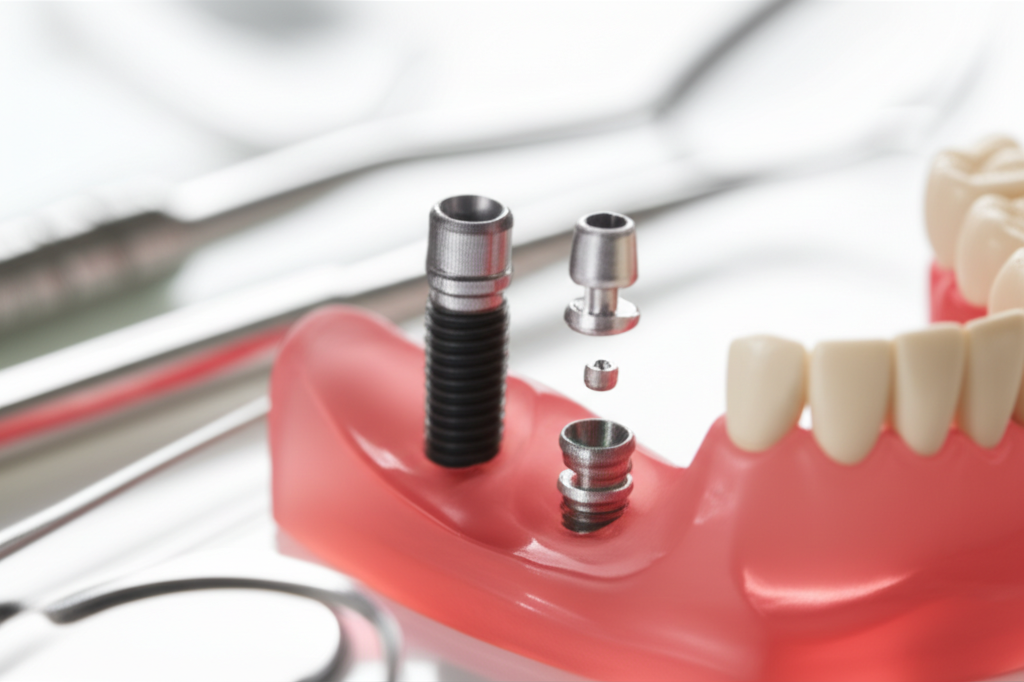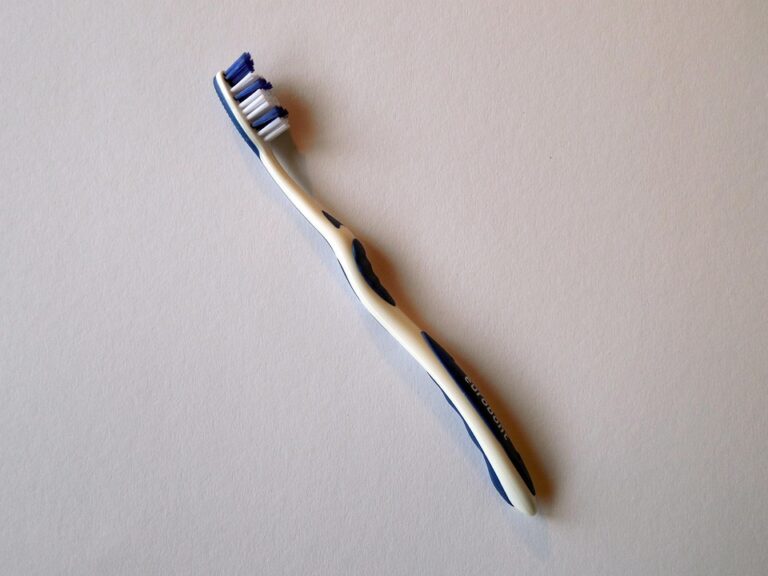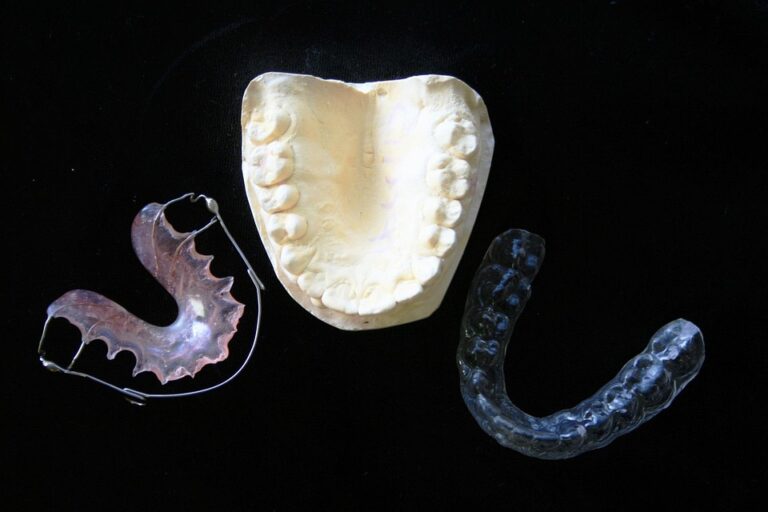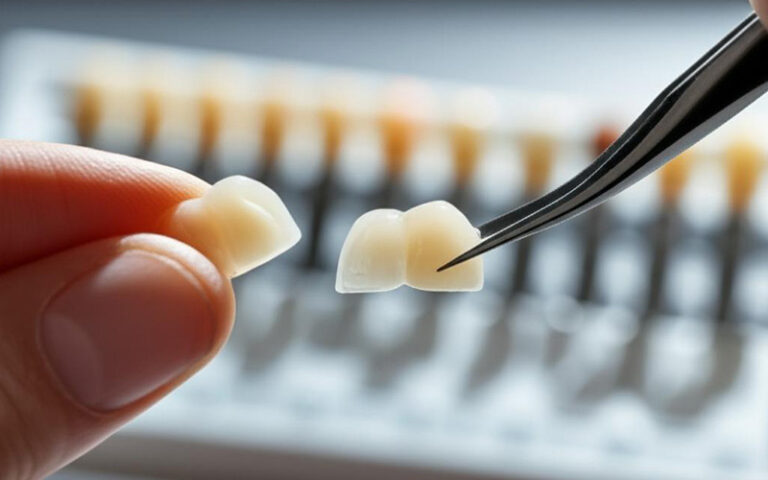
What Do I Need to Know About Dental Implants? Your Complete Guide
Have you ever looked at the gap after losing a tooth and thought, “Can I get my real smile back?” Or maybe you’ve wondered if dental implants are really as great as people say. You’re not alone. It’s normal to have questions or even a bit of worry when thinking about replacing missing teeth. So, what’s the real story with dental implants? How do they work, who can get them, and what should you really expect?
Welcome—you’re in the right place. Grab your favorite drink, get comfortable, and let’s make sense of everything about dental implants together. I’ll explain it all in an easy way—clear answers and honest advice, just like you’d get from a friend who knows about teeth.
In This Article
- Understanding Dental Implants: What Are They?
- Why Choose Dental Implants? Key Benefits and Advantages
- Am I a Candidate for Dental Implants? Eligibility Factors
- The Dental Implant Procedure: Step-by-Step Overview
- Dental Implant Recovery, Aftercare, and Long-Term Maintenance
- Understanding Dental Implant Cost and Financing Options
- Dental Implants vs. Other Tooth Replacement Options
- Common Questions & Concerns About Dental Implants Answered
- Choosing the Right Dental Professional for Your Implants
- Conclusion: Taking the Next Step Towards a Restored Smile
Understanding Dental Implants: What Are They?
Let’s start at the top—because honestly, dental implants can sound fancy and a bit scary. You might have heard words like “titanium post” or “osseointegration” and thought, “What does that mean to me?” Here’s the simple truth, no tech jargon.
A dental implant is an artificial tooth root. Think of it as a tiny screw, often made from titanium or zirconia, that a dentist puts into your jawbone. Over time, your bone actually grows around it in a process called “osseointegration”—that’s just a big word for “the bone locks onto the post and holds it tight.”
After the implant feels steady, a piece called an abutment goes on the post. Then, a special crown (the part that looks like a tooth) sits on the abutment—finishing your new “tooth.” The end result can look and feel so real that people often forget which one is the fake!
Imagine this:
It’s like building a house. The implant post is the strong base in the ground. The abutment is the main beam, and the crown is the house—made to fit perfectly with your other teeth.
The Three Parts
- Implant Post (Screw): Usually titanium (strong, bone friendly) or zirconia (white ceramic).
- Abutment: The part in between the post and the new crown.
- Dental Crown: The tooth part you see and eat with, made to match your other teeth.
How They Work (The Science Side, Made Easy):
Once the dentist puts the post in, your jawbone heals around it (over three to six months). This is what makes the implant really strong.
Why Choose Dental Implants? Key Benefits and Advantages
Here’s the big question: Why do so many people get dental implants? Here are the main reasons people and dentists love them.
1. Looks and Feels Like Real Teeth
Dental implants fix your smile with a tooth that looks and feels almost just like your original—no clacking or moving around like with old dentures.
2. Better Chewing, Talking, and Biting
No more skipping crunchy foods! Implants give you almost all the bite strength of your own teeth. Regular dentures don’t come close.
3. Stops Bone Loss in the Jaw
If you lose a tooth, the bone can shrink away. Implants stop this from happening, so you keep a healthy face shape.
4. Lasts Many Years
With good care, implants can stay in for many years, sometimes for life. The crown might wear out after 10-15 years, but the root part can last much longer.
5. No Need to Touch Healthy Teeth
Other fixes, like bridges, mean shaving down other teeth. Implants leave the rest of your teeth alone.
6. Easier Cleaning, Better Health
Cleaning is easier than with dentures—no sticky glue or weird places for food to get stuck.
Quick Numbers:
- Success Rate: 95–98% in healthy people over 10 years
- How long they last: The implant can last a lifetime with care
- Happy Patients: Over 95% are pleased with how it looks and works
Am I a Candidate for Dental Implants? Eligibility Factors
So, are dental implants right for you? Here’s how to know.
Health Basics
- You’re pretty healthy overall: If you can handle normal dental work, you’re probably a good candidate.
- Long-term conditions are managed: Things like diabetes or bone loss aren’t always a problem if you’re looking after them.
- Healthy gums: If you have gum problems, these need fixing first.
- Enough jawbone: Implants need a solid base. If there’s not enough bone, bone grafting can help (many people need this).
Lifestyle Stuff
- Smoking makes it harder: Smokers have a bigger chance of implant trouble (but it’s not impossible).
- You look after your teeth: Brushing, flossing, and regular dentist visits really matter.
How Old?
- No real age limit for older folks: Healthy seniors do great with implants.
- Kids and teens: Not until jaws are finished growing—usually in the late teens.
When Implants Aren’t a Good Idea
- Serious health problems (like active cancer treatment)
- Untreated gum disease
- Not enough bone and no way to fix it
- Certain rare sicknesses
Remember: Only your dentist or a dental expert can decide for sure, after hearing about your health.
The Dental Implant Procedure: Step-by-Step Overview
Wondering about the steps? It’s simpler—and less scary—than you might think. Let’s break it down.
1. Checkup and Planning
It all starts with a dental checkup. You’ll get X-rays or 3D pictures to map out your jaw—a “blueprint” for your implant.
2. Prep Work (If You Need It)
Sometimes, you’ll need extra steps before getting the implant:
- Taking out a broken tooth: Any rotten or damaged tooth needs to go first.
- Bone Graft or Build-up: To make the bone stronger if you don’t have enough.
- Sinus Lift: If your upper jaw doesn’t have much bone, more can be added.
3. Putting in the Implant Post
This is the main step—putting a titanium (or zirconia) post into the jaw. You’ll get numbed up, and often medicine to help you relax. For one implant, it usually takes under an hour.
4. Healing and Bonding Time
Your bone and new post “become one”—this takes three to six months for most people.
5. Putting on the Abutment
After your mouth heals, the dentist puts the abutment part onto your new post.
6. New Tooth (Crown) Goes On
At last, you get your new tooth, made to look just right with your other teeth.
Types of Implants
- Single Implants: For one missing tooth.
- Multiple Implants: For more than one gap.
- All-on-4® Implants: Four posts can hold a whole row of teeth.
- Implant Dentures/Bridges: For lots of missing teeth or when you want extra tough hold.
- Mini Implants: Smaller, easier to place, used for small spaces.
If you want to see how custom crowns are made, check out what a crown and bridge lab does behind the scenes.
Dental Implant Recovery, Aftercare, and Long-Term Maintenance
You’ve got your new tooth—now what? Taking care of it matters a lot.
Right After Surgery
- Pain or Soreness: You might feel a little sore or swollen. Over-the-counter pain meds and ice packs usually help.
- What to Eat: Eat soft foods like yogurt, mashed potatoes, and scrambled eggs.
- Swelling or Bruising: Use ice and any prescribed medicine.
How Long to Heal
Most people are good in three to six months. You’ll go to the dentist a few times so they can check how it’s going.
Keep Your Teeth and Implants Clean
- Brush and Floss: Just like with your real teeth. Use a special brush or water flosser for small spaces.
- Mouth Rinse: A gentle, no-alcohol rinse might be suggested.
- Dentist Visits: Regular cleanings and checkups keep things healthy.
Things to Watch Out For
Even with a 95–98% success rate, nothing is 100% risk-free.
- Infection: Red, swollen gums, or pain that doesn’t go away.
- Gum Trouble (Peri-implantitis): This is gum disease around your implant—cleaning and checkups help stop it.
- Nerve Problems: Rare, but possible if nerves are close.
- Implant Doesn’t Work: Not common, but sometimes it doesn’t “take” and needs to be redone.
Main Tip: If you notice something’s not right, let your dentist know—sooner is always better to keep your implant safe.
Understanding Dental Implant Cost and Financing Options
Let’s talk price—dental implants do cost more up front. What makes them expensive? And how can you make it possible for your budget?
Things That Change the Price
- How Many Implants: More teeth means more cost.
- Who Does It: An oral surgeon, gum specialist, or tooth-restoring expert will have different prices.
- What Materials: Titanium or zirconia posts, special abutments, different crown styles.
- Where You Live: Big city clinics might cost more than small town offices.
- Work You Need Beforehand: Bone graft or tooth pulling costs extra.
Typical Price Range (For One Implant)
- Total Cost: $3,000 to $6,000+ (for implant, abutment, and crown)
- Bone graft/sinus lift: Might add $400 to $3,000
Insurance and Payment Plans
- Dental Insurance: Most plans don’t pay for all of an implant. Some help cover the crown, not so much the post or surgery.
- Payment Options: Many dentists set up payment plans, loans, or medical credit to help spread out the cost.
- Worth the Money?
Implants stop bone shrinkage, help you chew and talk, and last a really long time—so they might save money long-term by avoiding repeat fixes.
Tip: Always ask for a written cost estimate and make sure you know what all the charges are—no unwanted surprises.
Dental Implants vs. Other Tooth Replacement Options
Let’s compare the choices, so you know what’s different.
Implants vs. Dental Bridges
| Dental Implants | Dental Bridges |
|---|---|
| Stop bone shrinkage | Don’t keep bone from shrinking |
| Don’t touch other teeth | Grind down nearby teeth |
| Last for decades | Last about 10–15 years |
| More expensive at first | Lower start up cost |
Bottom line: If you want to keep as many of your own teeth as possible, implants are best.
Implants vs. Dentures
| Dental Implants | Dentures |
|---|---|
| Really stable | Can slip or move |
| Eat almost anything | Can’t eat really tough foods |
| No glue or paste | Often need sticky glue |
| Keep jawbone strong | Jawbone shrinks faster |
| Needs surgery | No surgery |
| Higher starting cost | Cheapest option |
When are dentures better?
If you can’t have surgery or only want a quick fix while you decide, dentures will work.
Special Tip:
You can mix options—many people use implant dentures for better hold. Curious how these are made? See how a removable denture lab works to make them.
Common Questions & Concerns About Dental Implants Answered
Here are honest answers to the stuff most people wonder—no embarrassment needed.
Will it hurt?
You won’t feel pain during the work because you get numbed or sedated. Some mild pain after is normal, but regular painkillers usually help.
How long do dental implants last?
The post part? You can expect it to last 20 years—or even your whole life with good care. The top part (the crown)? About 10–15 years before you may want a new one.
Are dental implants safe?
Yes, when done by an experienced dentist. There are some risks (like infection or rare rejection), but good planning and care keep it very safe.
What’s the success rate?
Between 95–98%, especially in non-smokers.
Will these teeth work like real ones?
Most people say they can chew, talk, and smile just like normal. Some can’t even remember which tooth is the implant!
What if I have something like diabetes or gum issues?
You might still be able to have implants, as long as your health is under control and your mouth is clean.
Can I eat like normal after?
Yes—just take it easy while you heal. Start soft, then get back to normal eating once the dentist says it’s okay.
Choosing the Right Dental Professional for Your Implants
Who does your implant matters as much as the type you pick. Dental implant experts include:
- Oral Surgeon: Handles surgery for the mouth and face.
- Periodontist: Knows lots about gums, bone, and placing implants.
- Prosthodontist: Focuses on making fake teeth look and work great.
Good Questions to Ask:
- How much experience do you have with dental implants?
- Can I see pictures of work you’ve done?
- What materials will you use?
- How will you help with my health or money worries?
These talks help you feel comfortable. You want someone who listens and cares.
Conclusion: Taking the Next Step Towards a Restored Smile
Dental implants can let you eat, smile, and enjoy life again—no matter how long you’ve had missing teeth. Here’s what to remember:
Main Points:
- Dental implants are a strong, real-feeling fix for missing teeth that protect your jaw, mouth health, and confidence.
- Most healthy adults can get them, even if you have long-term problems—as long as they’re under control.
- There are several steps to getting implants—seeing the dentist, maybe fixing bone, putting in the implant, healing time, and getting your new tooth.
- Prices can change, but payment plans can help—think of it as an investment in your lifetime health.
- Pick an experienced, caring dental expert who listens to your needs and makes a plan for you.
Next Steps for You:
- If you’re interested or not sure yet, set up a meeting with a dental implant expert. Bring your questions!
- Take good care of your mouth—whether you pick implants or something else.
- Don’t let fear stop you—learning about your choices is the best first step.
- Want to find more about looking after your teeth? Check out reliable teeth information for more tips.
Your smile is important, and it’s about more than just teeth. Understanding your choices is the first step to getting the smile you want. Ready to move forward? Contact a caring dentist, ask every question you have, and take your next step with confidence.
For More Information
- American Dental Association – Dental Implants
- Academy of Osseointegration – Patient Resources
Remember: Great oral health is more than keeping teeth in—it’s about bringing back your confidence and the enjoyment of life, one bite at a time.
Want to see more about how labs make dental technology? Explore the work of a digital dental lab for a behind-the-scenes look.
Stay curious, take action, and let your next smile be the healthiest one yet!








